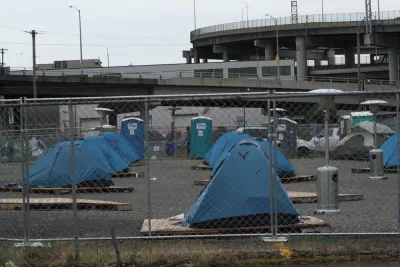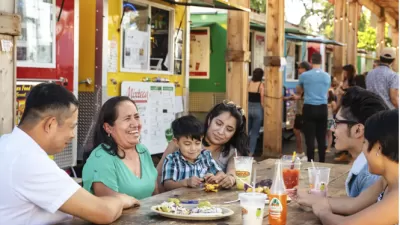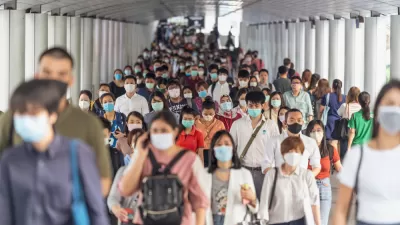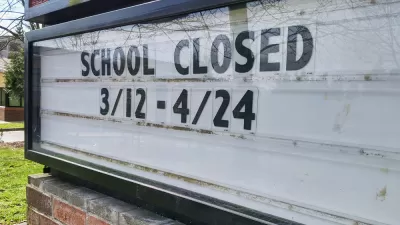Communities struggling with the economic, social, and health realities of the 21st century must start planning now to mitigate the worst outcomes of the coronavirus pandemic, according to a new report from the Center for Community Progress.

Center for Community Progress Senior Fellow Alan Mallach has written a report intended to "help communities across the U.S. look ahead to proactively consider and combat the budget, equity, and programmatic challenges of a post-COVID-19 environment."
The "Hope for the Best, Plan for the Worst: Addressing the Aftermath Of The COVID-19 Pandemic In America’s Struggling Neighborhoods" report specifically addresses the challenges facing cities and neighborhoods that were struggling economically before the pandemic hit. Neighborhoods struggling before the pandemic are expected to experience some of the most difficult economic and social challenges as a result of the pandemic, according to the premise of the report.
From the report's introduction:
Many, victimized not long ago by subprime lending and widespread foreclosures, had only begun to recover from the Great Recession. Many more were still mired in concentrated poverty and unemployment, while facing significant health and environmental challenges. Already economically stressed and physically disinvested, these areas are likely to see more rent and mortgage arrears than more prosperous areas. With weaker housing markets, they may see their modest recovery in recent years reversed by declining home sales and tighter credit. They are more dependent on public services than wealthier areas and will be harder hit as municipalities are forced to tighten their belts.
The need for planning is already pressing, according to the report, but here's a good place to start on the hard work ahead.

Maui's Vacation Rental Debate Turns Ugly
Verbal attacks, misinformation campaigns and fistfights plague a high-stakes debate to convert thousands of vacation rentals into long-term housing.

Planetizen Federal Action Tracker
A weekly monitor of how Trump’s orders and actions are impacting planners and planning in America.

San Francisco Suspends Traffic Calming Amidst Record Deaths
Citing “a challenging fiscal landscape,” the city will cease the program on the heels of 42 traffic deaths, including 24 pedestrians.

Defunct Pittsburgh Power Plant to Become Residential Tower
A decommissioned steam heat plant will be redeveloped into almost 100 affordable housing units.

Trump Prompts Restructuring of Transportation Research Board in “Unprecedented Overreach”
The TRB has eliminated more than half of its committees including those focused on climate, equity, and cities.

Amtrak Rolls Out New Orleans to Alabama “Mardi Gras” Train
The new service will operate morning and evening departures between Mobile and New Orleans.
Urban Design for Planners 1: Software Tools
This six-course series explores essential urban design concepts using open source software and equips planners with the tools they need to participate fully in the urban design process.
Planning for Universal Design
Learn the tools for implementing Universal Design in planning regulations.
Heyer Gruel & Associates PA
JM Goldson LLC
Custer County Colorado
City of Camden Redevelopment Agency
City of Astoria
Transportation Research & Education Center (TREC) at Portland State University
Jefferson Parish Government
Camden Redevelopment Agency
City of Claremont





























